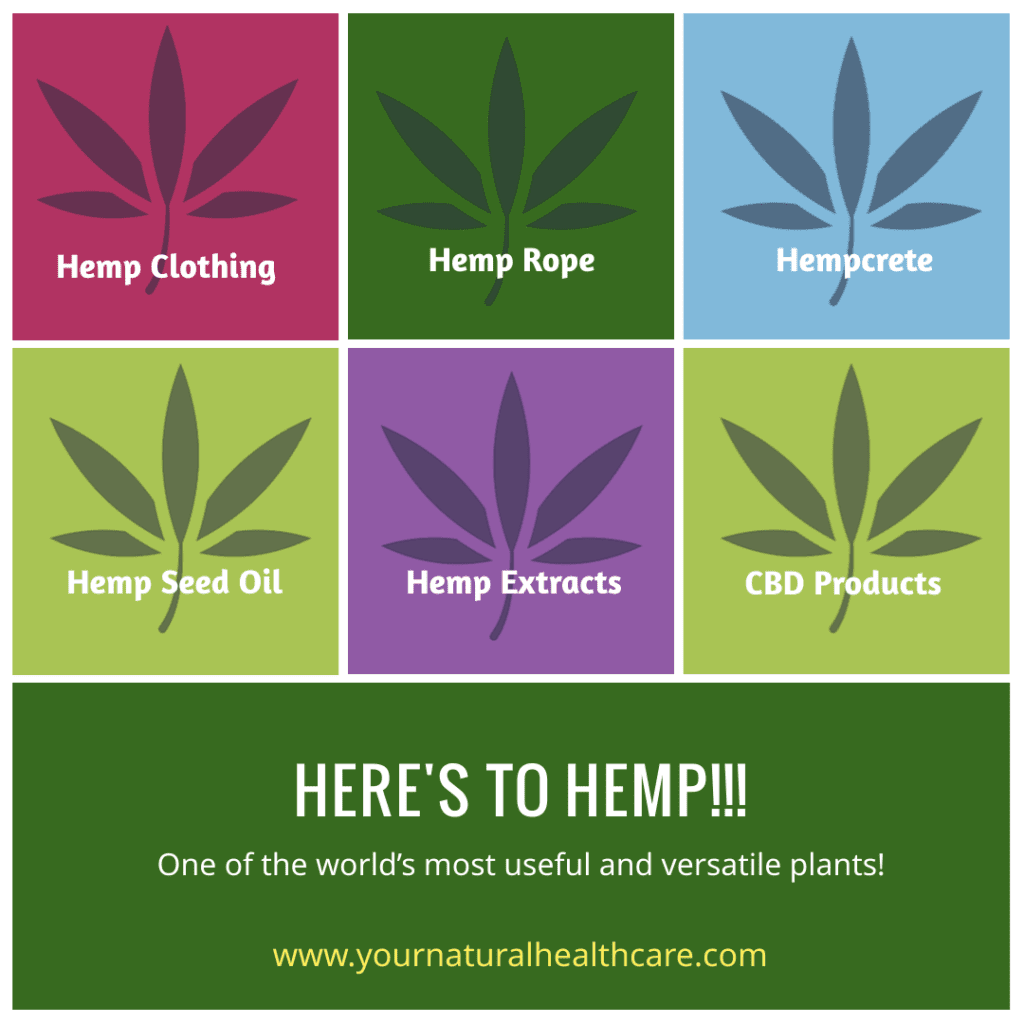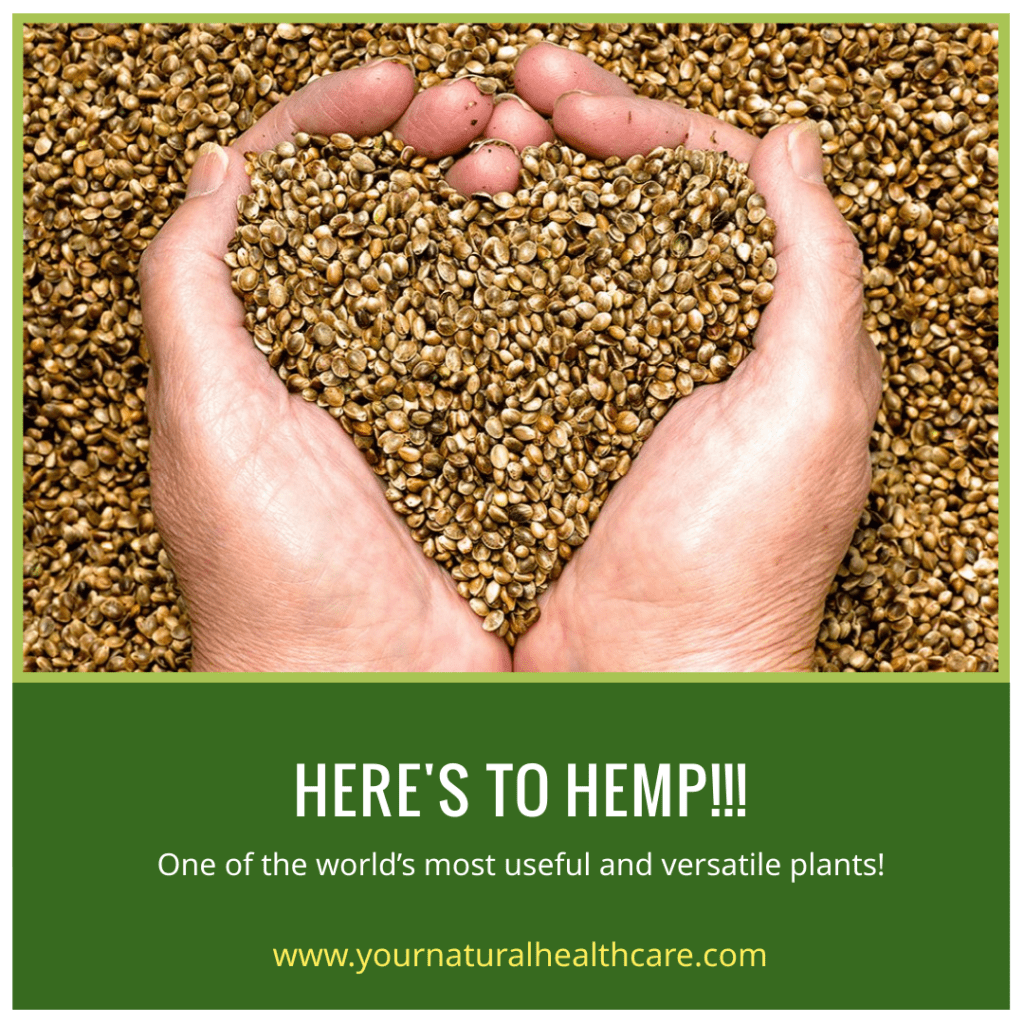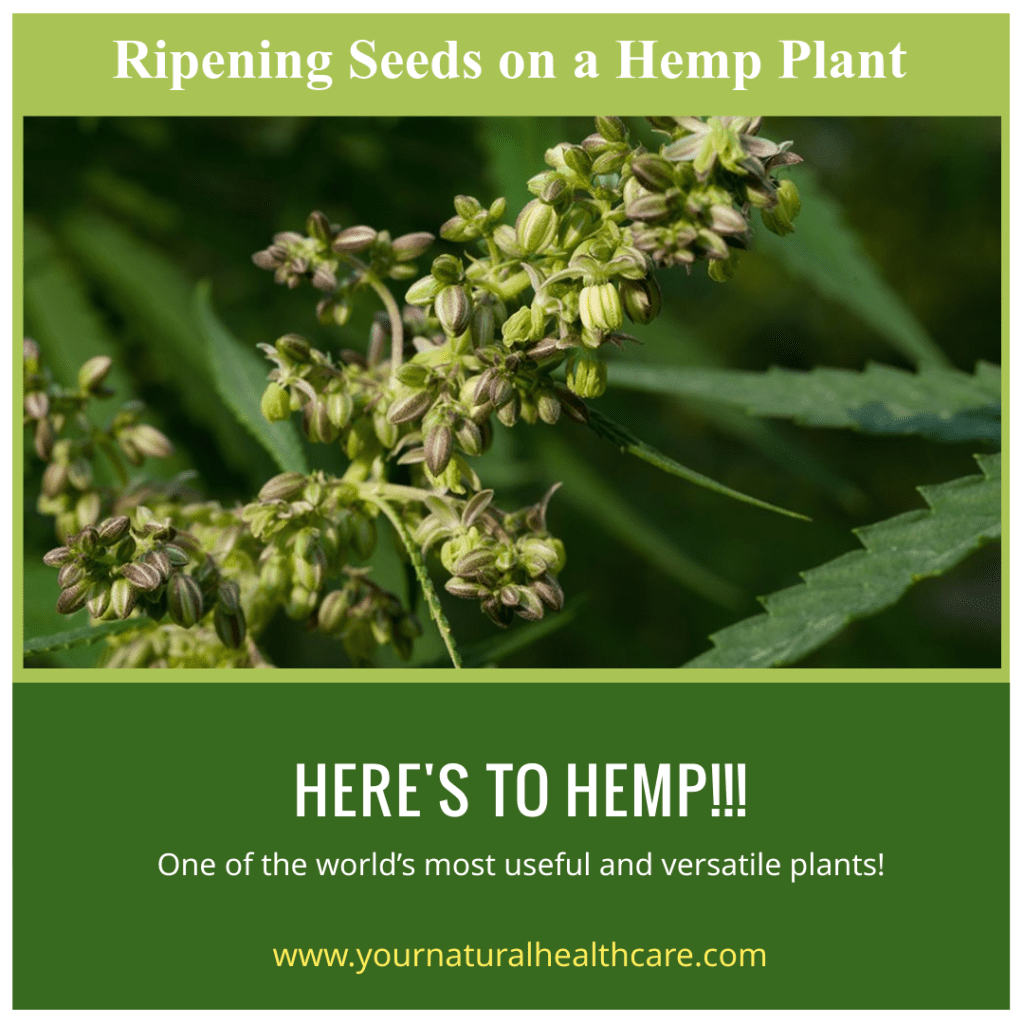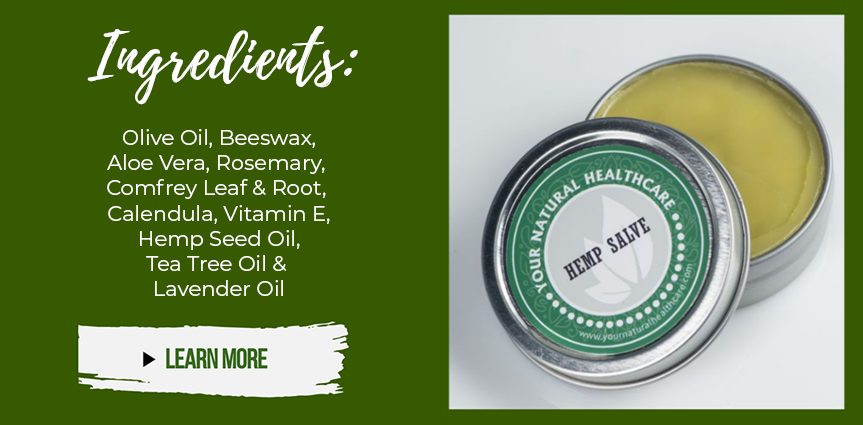Celebrating Remarkable, Versatile Hemp
In honor of national hemp month 2021…In celebration of one of the world’s most useful, remarkable and versatile plants, we’ve gathered some of our favorite hemp facts.
It can grow nearly anywhere in the world, in many types of soil — even in short growing seasons or in dry regions — and helps purify soil as well as kill some types of weeds
Hemp cultivation dates back 8,000 years to Mesopotamia (modern-day Iran/Iraq/Turkey), where it was woven into fabric. It is believed to be the first domestically-utilized plant.
This incredible plant is legal in all 50 states. That means that everyone—no matter where you live in the United States can now plant and enjoy it.
It can grow without pesticides. The crop is also kills some weeds, purifies soil, and is suitable for rotation use, due not only to its short harvest cycle (120 days).
It is a high-yield crop. One acre of hemp produces twice as much oil as one acre of peanuts, and nearly four times as much fiber pulp (for paper) as an acre of trees.
It is the strongest (and longest) plant fiber in the world, resistant to rot and abrasion, and was in long use before DuPont patented nylon in 1937. It was used for ship rigging, military uniforms, parachute webbing, baggage and more.
Because of its strength, the fiber can be used for composite materials that could be used to make anything from skateboard decks to car and stealth fighter bodies.
A hemp composite material (with limestone and water) forms a type of concrete (hempcrete) that can be used for home building, at 1/9th the weight. It also acts as insulation and repels some vermin.
Hemp captures carbon emissions. It takes in high amounts of carbon dioxide. For every ton of hemp grown, 1.6 tons of carbon is removed from the atmosphere.
Hemp can also be used as fuel for a car. The oil from its seeds can be converted into biodiesel that's biodegradable and non-toxic and the fermented stalk can be made into ethanol and methanol. Although there are more efficient fuel alternatives, hemp is good in a pinch.
It can eliminate toxins and radioactive materials. In the wake of the Chernobyl disaster, scientists planted hemp in contaminated soil. It removed chemicals and absorbed heavy metals better than any other plant.
Hemp seed oil is used in skin moisturizers and hair products. It provides deep hydration and moisturizes without clogging pores. Hemp oil may also boost hair growth—and reduce hair loss.
It is also used in salves that can treat many skin irritations including: insect bites, cuts, burns, rashes, acne, chapped lips, psoriasis, eczema, tattoos and more!
By weight, the seeds contain as much protein as beef. Plus, they contain all 21 known amino acids, including the essentials that the human body can’t produce on its own.
Hemp seeds are loaded with vitamins and minerals, including phosphorus, potassium, sodium, magnesium, sulfur, calcium, zinc, iron, and vitamin E.
The seeds contain an ideal 3:1 ratio of omega-6 to omega-3. These fatty acids assist the immune system and help fight inflammation.
Hemp seeds are a complete protein source. As mentioned, hemp protein contains all 21 amino acids, making it a complete plant protein.
This remarkable plant is loaded with magnesium, an essential nutrient the body can’t produce on its own. It’s important for muscle recovery, mood, hydration, and even sleep quality. Magnesium also plays a role in keeping your heart healthy.
Stay connected for free resources to expand your health and vitality with non-allopathic remedies and natural CBD solutions.




